UK’s Critical Minerals Intelligence Centre to help build a more resilient economy
The UK’s new centre to collect and analyse information on the supply of critical minerals, which are vital to the UK’s economic success and national security, has officially launched.
04/07/2022 By BGS Press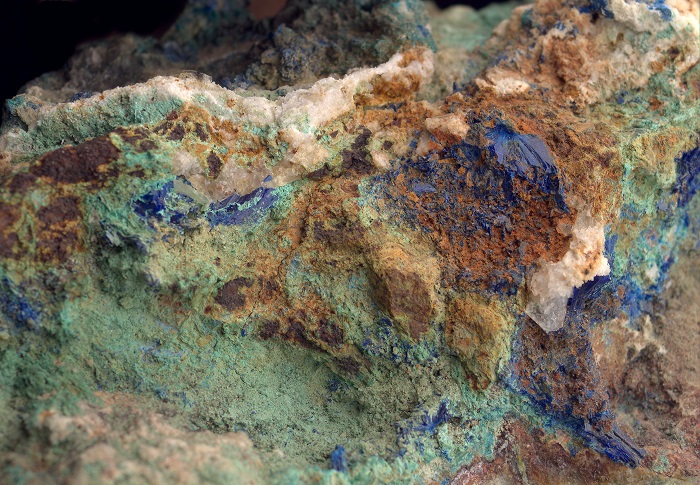
BGS will deliver the UK’s first-ever centre to collect and analyse information on the supply of critical minerals, from its headquarters in the East Midlands.
The Critical Minerals Intelligence Centre (CMIC) was officially launched today (Monday 4 July) at BGS’s headquarters in Keyworth, Nottingham, by Industry Minster Lee Rowley.
The CMIC will improve the resilience of the UK’s critical mineral supply chain by providing policymakers with up-to-date data and analysis on supply, demand and market dynamics. This data will then be used to develop evidence-based policies aimed at developing more robust critical mineral supply chains to the UK.
BGS is a long-established world leader in the production of statistical data on the global and UK mineral industries, with publications already including World Mineral Production and the UK Minerals Yearbook.
BGS will combine its own resources, expertise and data with those of third parties to provide up-to-date analysis on the supply, demand, and flow of critical mineral supplies around the world, working together with universities and partners in the public and private sectors.
The CMIC will also provide policymakers with advice on emerging issues, including geopolitical, ethical or environmental risks associated with critical mineral sources.
We are extremely pleased to host the new UK Critical Minerals Intelligence Centre. The British Geological Survey has a strong reputation for its work on mineral and metal supply and is internationally known for its expertise on critical raw materials.
Through the new Critical Minerals Intelligence Centre, we are looking forward to building on this track record to provide UK industry and policy makers with high quality information and advice.
Dr Karen Hanghøj, BGS Director.
Critical minerals are essential for manufacturing products that are required for green technologies, national security and daily life, such as electric vehicles, wind turbines, mobile phones and fighter jets.
CMIC builds on work by the Critical Minerals Expert Group, set up by the Government last year, to harness the UK’s expert knowledge on critical minerals.
The UK has announced world-leading targets to decarbonise the economy, which include plans to build an electric vehicle supply chain and transform the energy system using offshore wind and clean hydrogen. Building these technologies and the associated infrastructure will require substantial quantities of critical minerals.
The UK’s current critical mineral needs are met almost entirely from overseas, through complex and dynamic international supply chains. The centre will help the Government and industry understand future UK critical minerals demand, and potential chain supply vulnerabilities.
Paul Lusty, director of CMIC.
The Centre has published its first major milestone, including a study into the future UK demand for and supply security of critical minerals required for electric vehicle batteries.
An important function of the CMIC will be to provide ‘criticality assessments’, which review the criticality of minerals for the UK. BGS undertook the first UK criticality assessment in January 2022.
For more information about the launch of CMIC please read the full press release.
To stay up to date with the CMIC and for more information, please visit the official website.
Relative topics
Related news
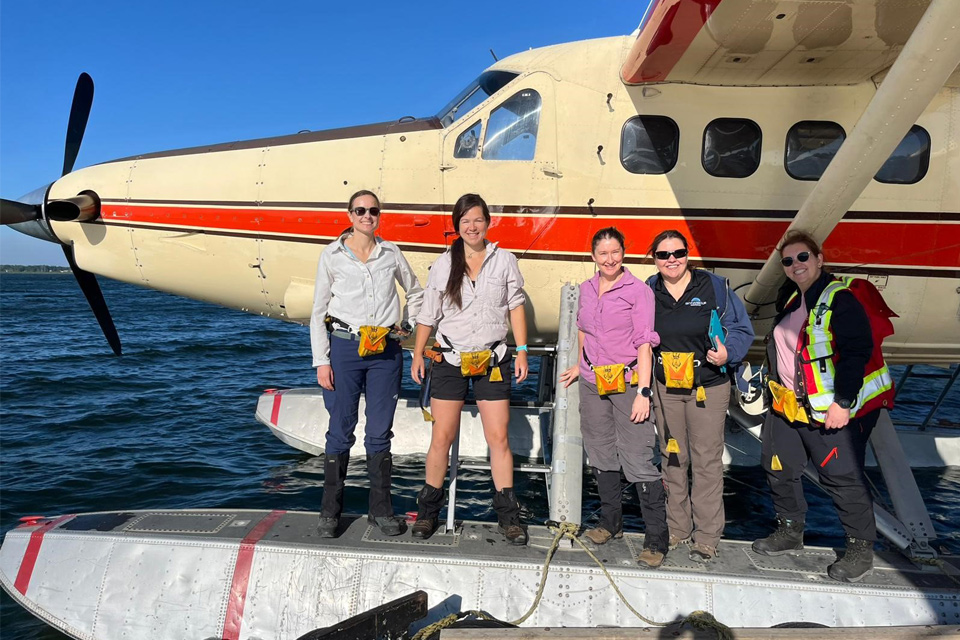
Funding awarded to UK/Canadian critical mineral research projects
08/07/2025
BGS is part of a groundbreaking science partnership aiming to improve critical minerals mining and supply chains.
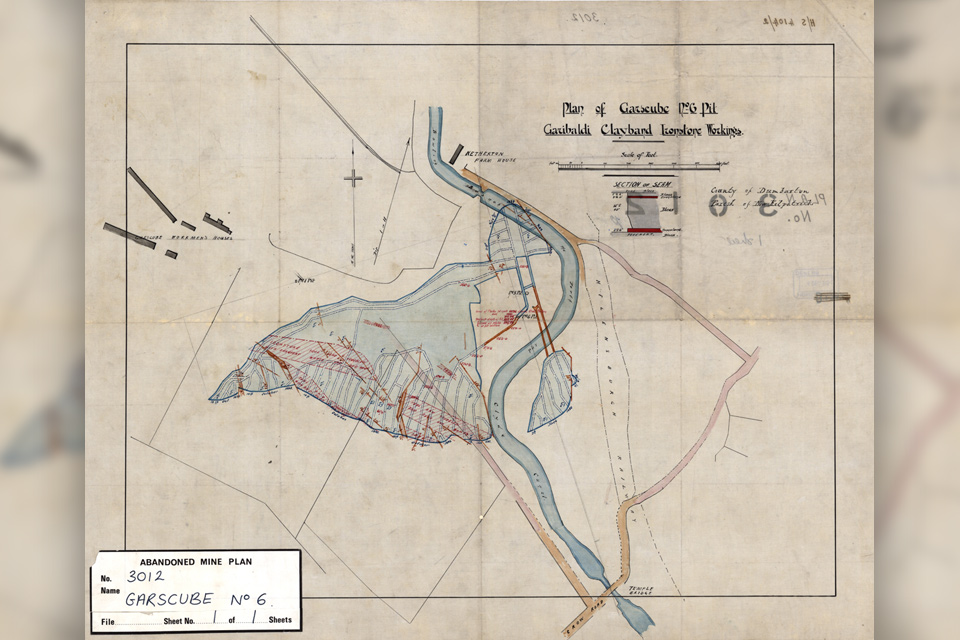
Release of over 500 Scottish abandoned-mine plans
24/06/2025
The historical plans cover non-coal mines that were abandoned pre-1980 and are available through BGS’s plans viewer.
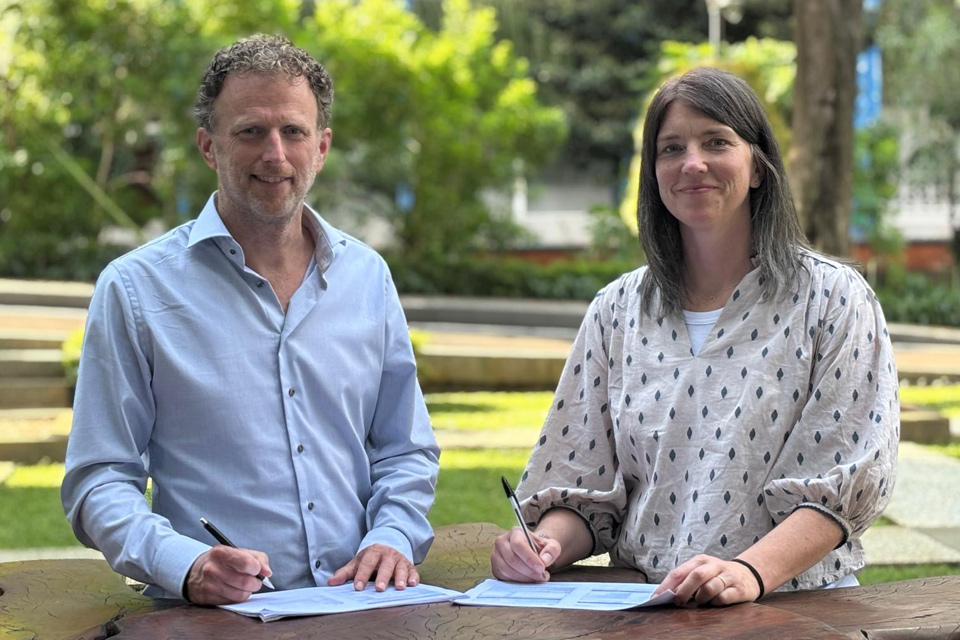
New collaboration aims to improve availability of real-time hazard impact data
19/06/2025
BGS has signed a memorandum of understanding with FloodTags to collaborate on the use of large language models to improve real-time monitoring of geological hazards and their impacts.
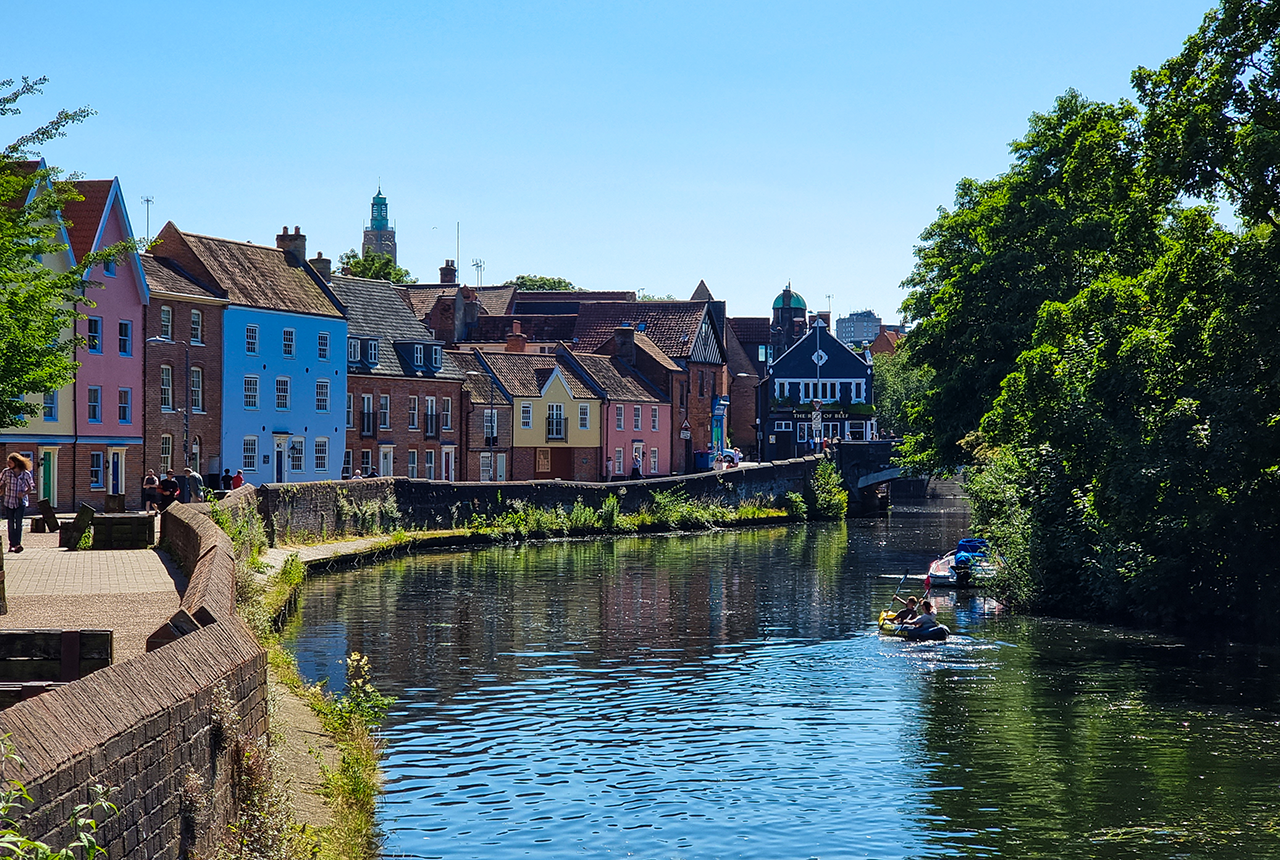
Modern pesticides found in UK rivers could pose risk to aquatic life
17/06/2025
New research shows that modern pesticides used in agriculture and veterinary medicines have been found for the first time in English rivers.

Goldilocks zones: ‘geological super regions’ set to drive annual £40 billion investment in jobs and economic growth
10/06/2025
Eight UK regions identified as ‘just right’ in terms of geological conditions to drive the country’s net zero energy ambitions.
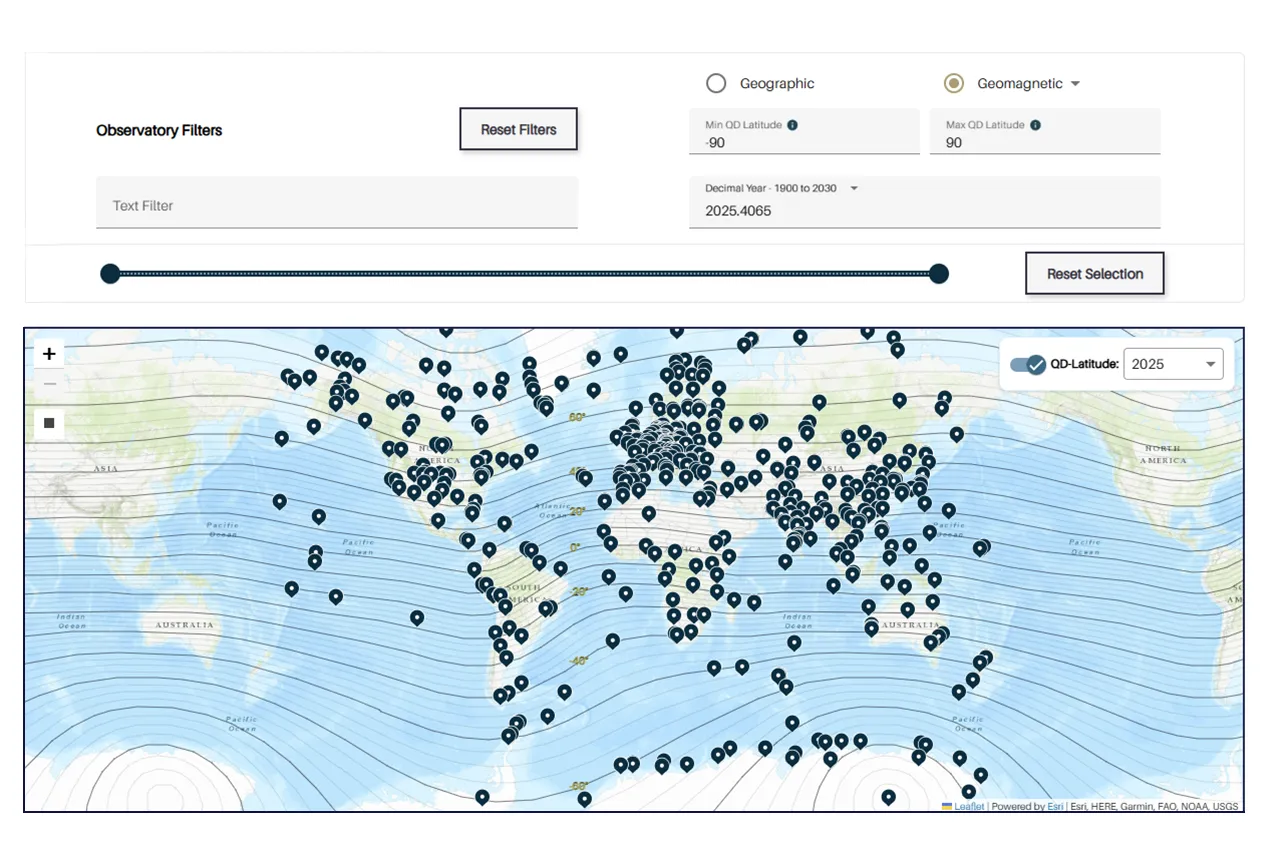
Upgraded web portal improves access to geomagnetism data
02/06/2025
BGS’s geomagnetism portal, which holds data for over 570 observatories across the world, has received a significant update.

BGS digital geology maps: we want your feedback
29/05/2025
BGS is asking for user feedback on its digital geological map datasets to improve data content and delivery.

What is the impact of drought on temperate soils?
22/05/2025
A new BGS review pulls together key information on the impact of drought on temperate soils and the further research needed to fully understand it.
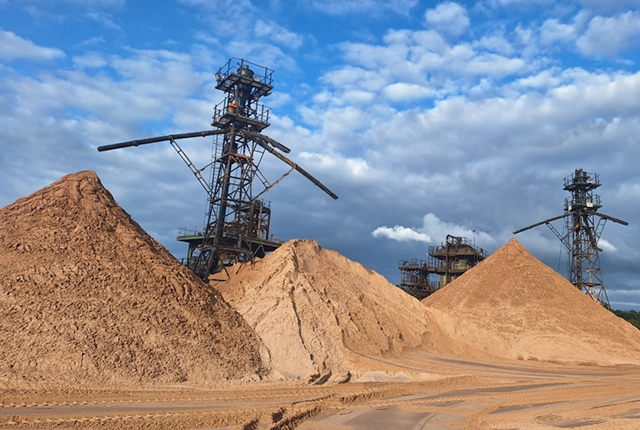
UK Minerals Yearbook 2024 released
21/05/2025
The annual publication provides essential information about the production, consumption and trade of UK minerals up to 2024.

BGS scientists join international expedition off the coast of New England
20/05/2025
Latest IODP research project investigates freshened water under the ocean floor.

New interactive map viewer reveals growing capacity and rare earth element content of UK wind farms
16/05/2025
BGS’s new tool highlights the development of wind energy installations over time, along with their magnet and rare earth content.

UKRI announce new Chair of the BGS Board
01/05/2025
Prof Paul Monks CB will step into the role later this year.



